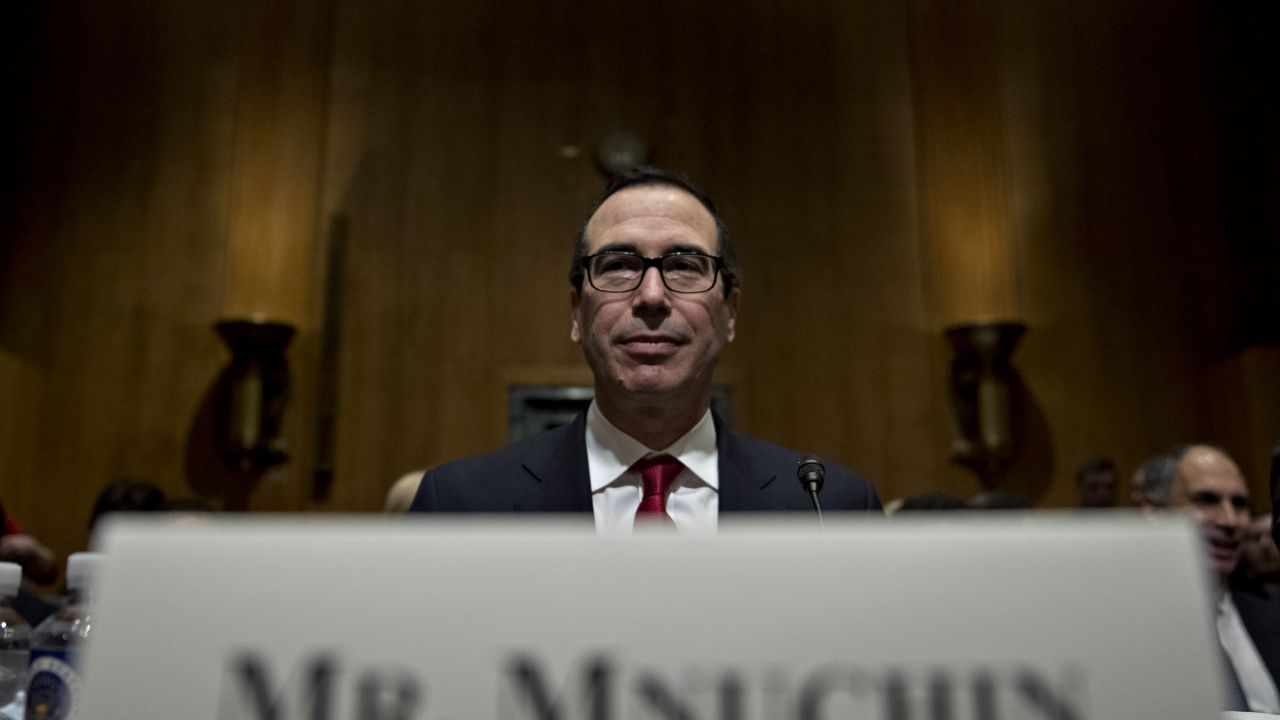
Mnuchin has said that the facilities “achieved their objectives,” which in his mind was to prop up Wall Street. (Photo by Andrew Harrer/Bloomberg via Getty Images)
This post first appeared on ProPublica
by Justin Elliott, Lydia DePillis and Robert Faturechi
Deputy Treasury Secretary Justin Muzinich has an increasingly prominent role. He still has ties to his family’s investment firm, is a major beneficiary of the Treasury’s bailout actions.
A major beneficiary of that bailout so far: Muzinich & Co., the asset manager founded by his father where Justin served as president before joining the administration. He reported owning a stake worth at least $60 million when he entered government in 2017.
Today, Muzinich retains financial ties to the firm through an opaque transaction in which he transferred his shares in the privately held company to his father. Ethics experts say the arrangement is troubling because his father received the shares for no money up front, and it appears possible that Muzinich can simply get his stake back after leaving government.
When lockdowns crippled the economy in March, the Treasury and the Fed launched an unprecedented effort to buy up corporate debt to avert a freeze in lending at the exact moment businesses needed to borrow to keep running. That effort has succeeded, at least temporarily, with credit continuing to flow to companies over the last several weeks. This policy also allowed those who were heavily invested in corporate loans to recoup huge losses.
Muzinich & Co. has long specialized in precisely this market, managing approximately $38 billion of clients’ money, including in riskier instruments known as junk, or high-yield, bonds. Since the Fed and the Treasury’s actions in late March, the bond market has roared back. Muzinich & Co. has reversed billions in losses, according to a review of its holdings, with 28 of the 29 funds tracked by the investor research service Morningstar Direct rising in that period. The firm doesn’t publicly detail all of its holdings, so a precise figure can’t be calculated.
The Treasury is understaffed, and Muzinich was overseeing two-thirds of the department before the crisis hit. He spent his first year as the Trump administration’s point man on its only major legislative achievement, the landmark $1.9 trillion tax cut that mainly benefited the wealthy and corporations.
As the markets panicked about the economic impact of the coronavirus, Muzinich’s responsibilities expanded. The Treasury worked with the Fed on the emergency lending programs, and the agency has ultimate power to sign off. Muzinich was personally involved in crafting the programs, including the effort to bail out the junk bond market, The Wall Street Journal reported in April. He communicates with Fed officials daily by phone, email or text, the paper said.
That effort has many skeptics. The Fed has never bought corporate debt in its more than 100 years of existence, much less that of the indebted and fragile companies that raise money through the sale of junk bonds. Private equity firms, hedge funds and specialty investment firms like Muzinich & Co. dominate the market for junk-rated debt. In effect, the Fed has swooped in to protect the most sophisticated investors from losses on some of their riskiest bets.




